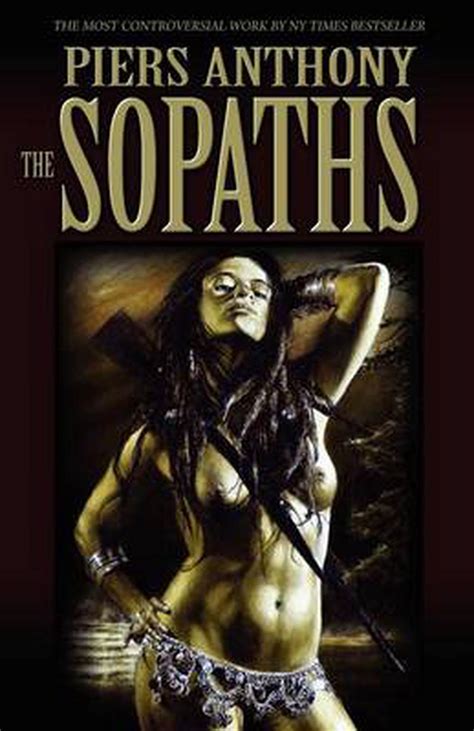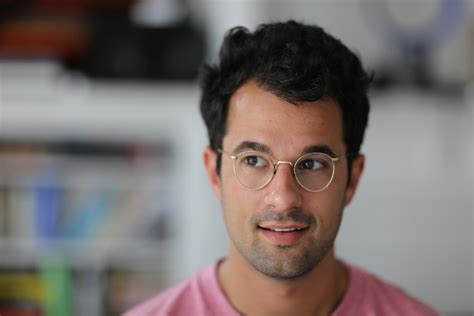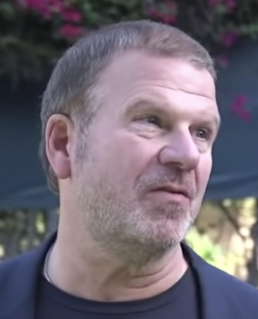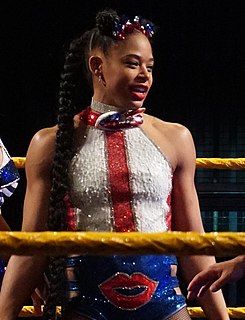A Quote by Joshua Cohen
Say you're an American novelist, published by the largest publishing house in the world. Their goal is to make as much money from you as possible, to have as many people read your book in as many formats as possible. How can you hope to speak intimately to the numbers of people that represent the book sales required?
Related Quotes
Many novelists say, "I'm not a political novelist" - myself included. That's a standard, even a default position. Whereas that divide between art and politics simply isn't possible in many countries. In Hungary, you couldn't be a fiction writer and then, when asked about politics, put your hands up in the air and say "But I'm not a political novelist." If you're a Chinese novelist, a novelist in a country where censorship is such an issue, how do you claim that politics has nothing to do with your writing? It's in your writing, it's shaping your words.
Write what you want to read. So many people think they need to write a particular kind of book, or imitate a successful style, in order to be published. I've known people who felt they had to model their book on existing blockbusters, or write in a genre that's supposed to be "hot right now" in order to get agents and publishers interested. But if you're writing in a genre you don't like, or modeling yourself on a book you don't respect, it'll show through. You're your first, most important reader, so write the book that reader really wants to read.
I want to speak in the tradition of rhythm and blues and soul music, but also push how it's dressed and how it's delivered to the audience. And hopefully that gets embraced by as many people as possible, but the goal isn't necessarily to speak to everyone. The goal is to get it out as exact as it is in my head.
Many writers hate the shilling process, and I understand that. However, it's really the only thing about the publication process you can somewhat control. You can't affect reviews. But you can try to find your book an audience. One of the problems with the book publishing industry is that their publicity efforts tend to be spent on people who already read, and know how to discover, literary fiction.
I get letters from two kinds of readers. History buffs, who love to read history and biography for fun, and then kids who want to be writers but who rarely come out and say so in their letters. You can tell by the questions they ask - How did you get your ?rst book published? How long do you spend on a book? So I guess those are the readers that I'm writing for - kids who enjoy that kind of book, because they're interested in history, in other people's lives, in what has happened in the world. I believe that they're the ones who are going to be the movers and shakers.
Wayne Wang, the director of Because of Winn-Dixie the movie, understood the book and transferred as much of the feeling of the book onto film as humanly possible. I think he did a fabulous job. And also I'm thrilled because the movie brings people to the book - people that wouldn't know about the book - and that's a great thing.







































